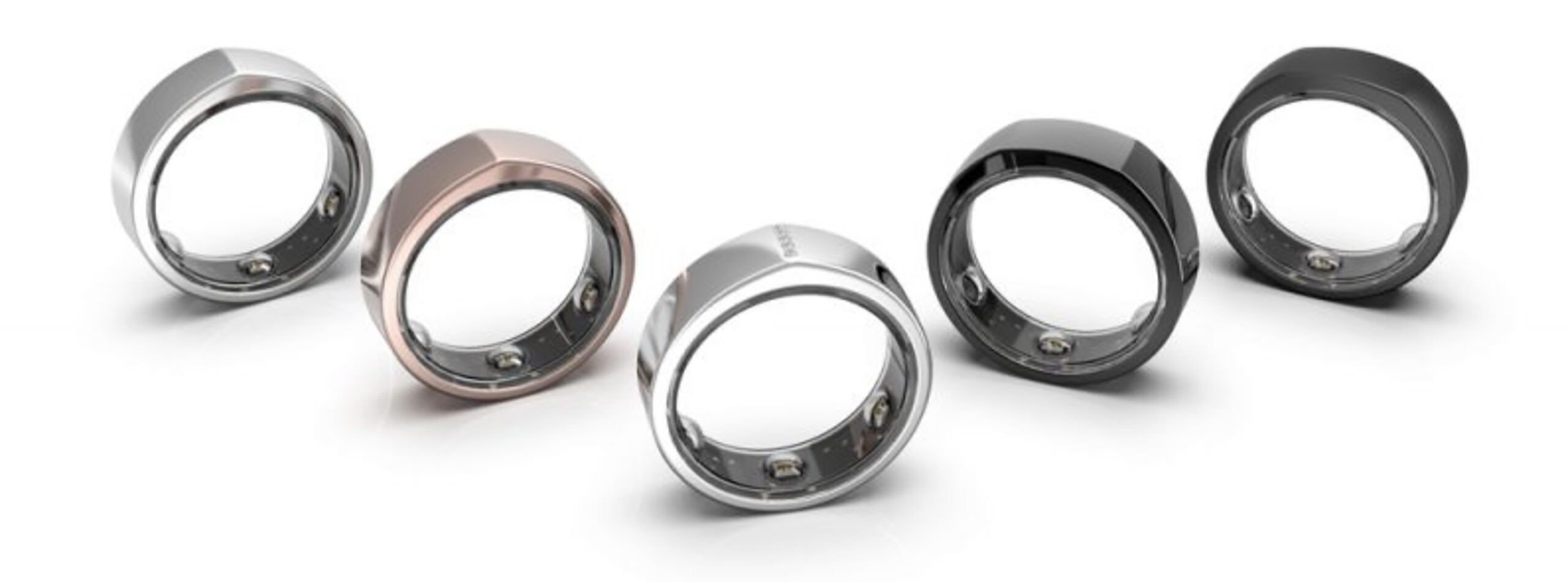Activity trackers can help motivate people to stay active, get adequate sleep or burn more calories. Newer health features could also have the potential to work as initial indicators of illness, helping to alert wearers of coronavirus symptoms in the very early days that they might not otherwise be aware they are experiencing.
According to a recent Washington Post report, preliminary studies of wearables including Fitbits, Apple Watches and Oura smart rings have found that the data gathered from these devices could help healthcare and essential workers keep track of significant changes in heart rate, breathing and body temperature.
The Oura ring was found by researchers at WVU’s Rockefeller Neuroscience Institute to be able to predict fever, coughing or shortness of breath three days before people become symptomatic. By predicting COVID-19 symptoms early, the smart ring and associated app can act as “digital PPE” (personal protective equipment) and alert people when they should self-isolated to prevent the spread of the virus when it is most contagious.
Wearing a device like a Fitbit that can track heart rate may also be useful to detect coronavirus symptoms early. A Stanford University study was able to track elevated heart rates nine days before patients reported symptoms of COVID-19. Activity trackers like the Garmin Vivosmart 4 and select Fitbit devices can also measure blood oxygen levels with a SpO2 sensor on the inside of the device. Changes in blood oxygen saturation can be associated with breathing issues, a common symptom of COVID-19. Many patients, especially elderly adults, may not notice difficulty breathing until the situation becomes dire and wait too long to seek medical treatment.
If you have been exposed to known or suspected COVID-19 or are at high risk for exposure and own a device you may be eligible to participate in one of the wearable studies. Learn more here.






Add Your Voice
0 Comments
Join the Discussion